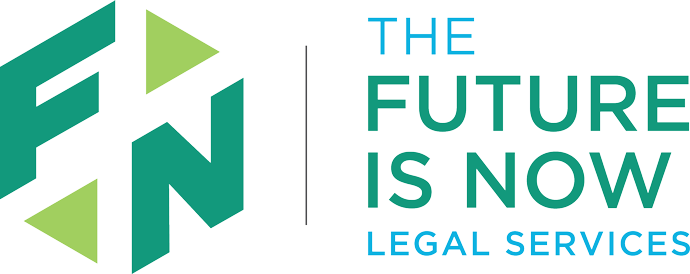Generative artificial intelligence offers opportunities for lawyers and law firms to draft pleadings and contract language, outline trial strategies, develop marketing content, communicate with clients, and more.
But it also poses numerous ethical challenges, as demonstrated by the error-ridden legal pleadings, fabricated case references, and other “hallucinations” we have seen in the news.
In this talk, legal ethicist Trisha Rich will examine many of the key ethical issues and duties that arise from using generative AI in legal practice, such as confidentiality, supervision, fees, transparency, biases, and candor to the court.
Attendees will learn how to evaluate the benefits and risks of using generative AI while spotting crucial ethical issues as they employ these tools in their organizations.
